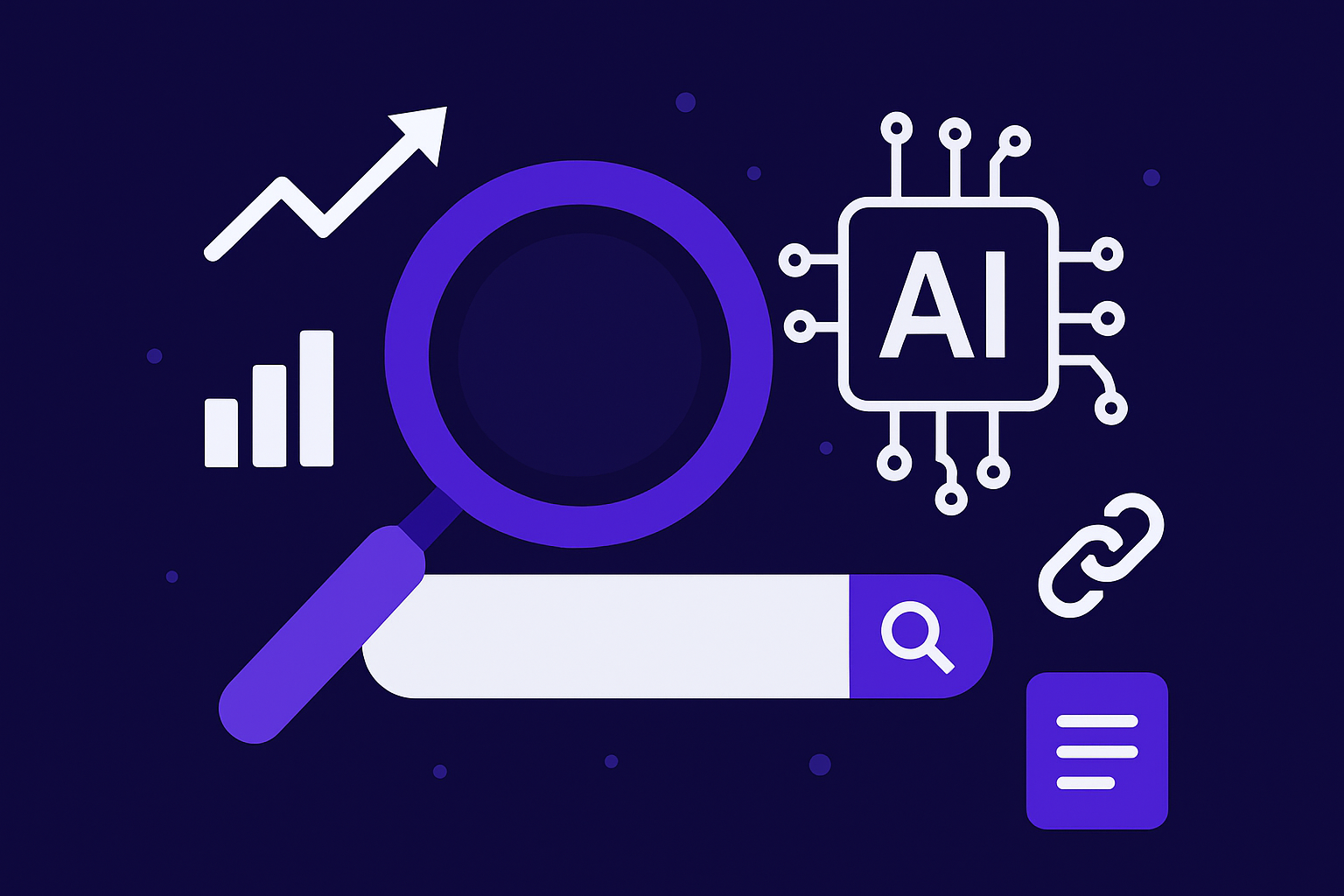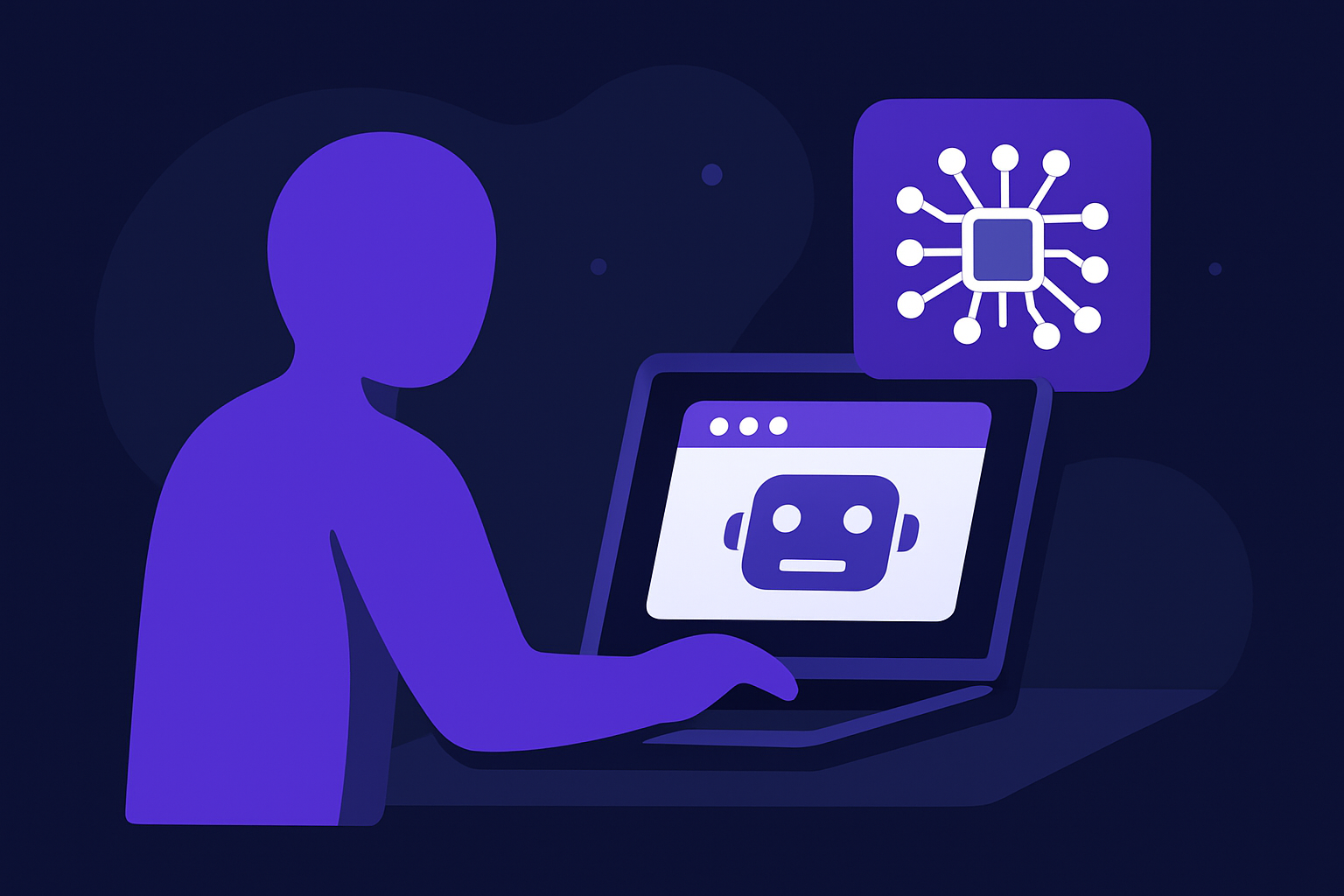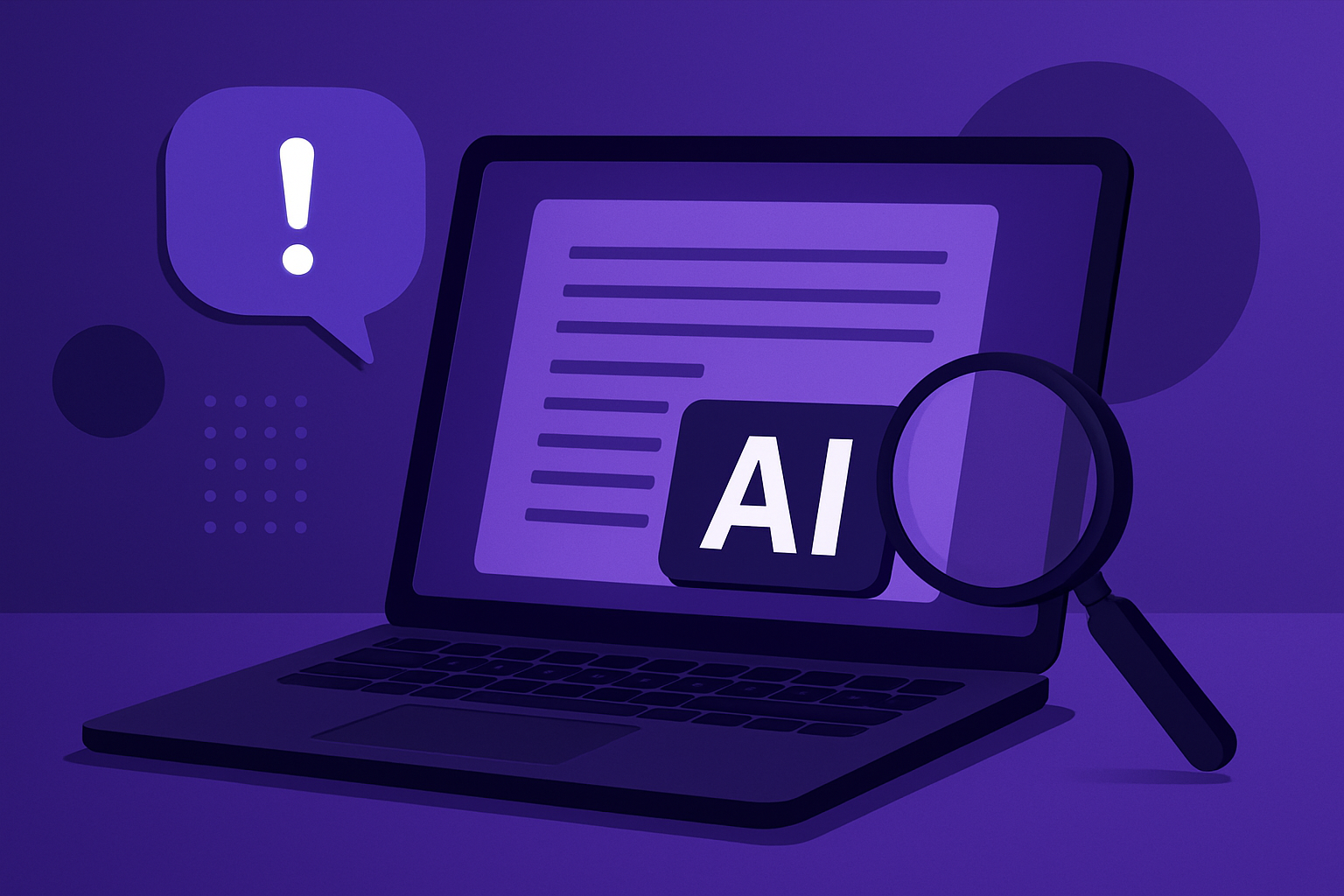In today's fast-paced digital world, blogging has become an essential tool for businesses and individuals looking to share their thoughts, experiences, and expertise. However, maintaining a consistent blog can be time-consuming and challenging. This is where AI tools for automated blogging come into play, offering a solution that can save time, increase efficiency, and enhance content quality without sacrificing creativity.
AI tools have transformed the blogging landscape by automating tasks such as topic generation, content creation, SEO optimization, and even distribution. While these tools offer many benefits, it is important to understand their capabilities, limitations, and potential impact on the blogging industry.
Understanding AI-Powered Content Generation
One of the most significant advancements in automated blogging is AI-powered content generation. These tools use natural language processing (NLP) and machine learning algorithms to create human-like text that can be used in blogs. They analyze existing content from various sources to understand writing patterns, styles, and structures.
Using AI for content creation allows bloggers to generate articles quickly without compromising quality. Tools like GPT-3 and Jasper AI are popular choices, enabling users to produce well-structured articles with minimal input. While AI-generated content may not replace the creativity of a human writer, it serves as an excellent starting point or supplement for creating engaging blog posts.
However, there are limitations. AI can occasionally produce content that lacks depth or nuance, which is where human intervention becomes crucial. Bloggers must review and edit AI-generated content to ensure its accuracy and relevance before publishing.
Enhancing SEO with AI Tools
Search engine optimization (SEO) is vital for any blog looking to gain visibility and attract readers. AI tools have proven to be invaluable assets in optimizing blog content for search engines. They analyze keywords, readability, and competitors' strategies, providing actionable insights to improve a blog's SEO performance.
AI-powered SEO tools help bloggers identify the best keywords to target, suggest edits to enhance readability, and provide structural recommendations to improve the overall user experience. By incorporating data-driven insights, bloggers can make informed decisions to optimize their content effectively.
Moreover, AI tools can continuously monitor a blog's performance, offering updates and suggestions for further improvement. This ongoing analysis helps maintain a competitive edge in the ever-evolving digital landscape, ensuring that content remains relevant and accessible to target audiences.
Streamlining Topic Discovery and Content Planning
Coming up with fresh and engaging topics can be a daunting task for bloggers, particularly when faced with tight deadlines. AI tools simplify this process by analyzing current trends, audience preferences, and competitor content to suggest relevant topics and themes.
These tools utilize advanced algorithms to scan vast amounts of data, identifying gaps in content and emerging trends within a specific niche. By leveraging these insights, bloggers can craft compelling and timely content that resonates with their target audience.
Additionally, AI tools assist in content planning by organizing topics into categories and suggesting timelines for publication. This feature helps bloggers maintain a consistent posting schedule, allowing them to focus on producing high-quality content rather than worrying about what to write next.
Managing Content Distribution and Engagement
Once a blog post is created, distributing it effectively is key to reaching a wider audience. AI tools for automated blogging extend beyond creation, offering solutions for efficient content distribution and audience engagement.
These tools can automatically schedule and share posts across various platforms such as social media channels, email newsletters, and content syndication sites. By utilizing AI for distribution, bloggers ensure that their content reaches the right audience at the optimal time, enhancing visibility and engagement.
Furthermore, AI-driven analytics provide insights into audience behavior and preferences, allowing bloggers to tailor their content strategy for better results. By understanding what resonates with their audience, bloggers can refine their approach to maximize engagement and build a loyal readership.
The Role of AI in Maintaining Quality and Authenticity
While AI tools offer numerous benefits, concerns about maintaining content quality and authenticity remain. It is essential for bloggers to strike a balance between automation and human touch to preserve the unique voice and perspective that defines their blog.
AI tools are designed to enhance the blogging process, not replace human creativity. Bloggers should view these tools as collaborators, using them to augment their ideas and streamline their workflow. By actively participating in the content creation process, bloggers can ensure that their unique style and personality shine through.
Maintaining transparency with readers about the use of AI tools is also crucial. Ensuring that the audience is aware of the technology behind the content can foster trust and credibility, ultimately leading to a more authentic relationship between bloggers and their audience.
In conclusion, AI tools for automated blogging present exciting opportunities for efficiency and creativity. They empower bloggers to overcome common challenges, streamline processes, and produce high-quality content that captivates audiences. However, the successful integration of AI in blogging requires a careful balance between automation and personal touch, ensuring that the essence and authenticity of the blog remain intact.
As AI technology continues to evolve, it will undoubtedly reshape the blogging landscape further. By embracing these innovations with a thoughtful approach, bloggers can leverage AI tools to create content that not only meets the demands of today's digital world but also sets the stage for future growth and engagement.













